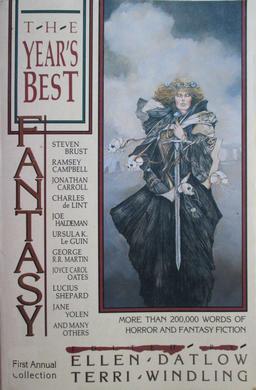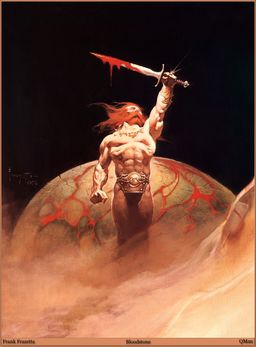Four Tricks for Dealing with The Unsightly Scars of Righteous Battle
 It occurred to me while writing about the benefits of chainmail bikinis that one of the major downfalls is the vast amount of exposed skin. Not for any morality or mortality reasons (although those do make for interesting points), but rather for the sheer amount of maintenance that would require. I’m not even talking about shaving and waxing. (We all agree that Conan *must* wax to pull off that oily muscled look, right?)
It occurred to me while writing about the benefits of chainmail bikinis that one of the major downfalls is the vast amount of exposed skin. Not for any morality or mortality reasons (although those do make for interesting points), but rather for the sheer amount of maintenance that would require. I’m not even talking about shaving and waxing. (We all agree that Conan *must* wax to pull off that oily muscled look, right?)
And let’s be realistic. Wow, the scars adventurers must have. I mean, I once had a tick removed from my tender tender belly flesh. That’s what you get for running in the woods fully clothed, so I flinch at the thought of running half-naked in the woods. You’d become a tick magnet.
Anyway, a 70-year old mostly blind doctor went at me with a scalpel to remove the tiny leg still stuck in my flesh and, I gotta tell you, that left a scar. Now that was one tiny, super sharp and badly wielded knife. So let’s pause and imagine how many scars inappropriately armored individuals must have.
This is more about the unsightly scars left behind by being thrust at with swords, spears, arrows, knives, mystical weapons, spells, and large pachyderms. Obviously there are ways of dealing with such minor scars, leaving visible only the major nod-to-backstory ones.
In my continued efforts to support sword and sorcery fashion adventurers, here’s an undoubtedly incomplete list of tricks to deal with scarring while wearing almost nothing.








